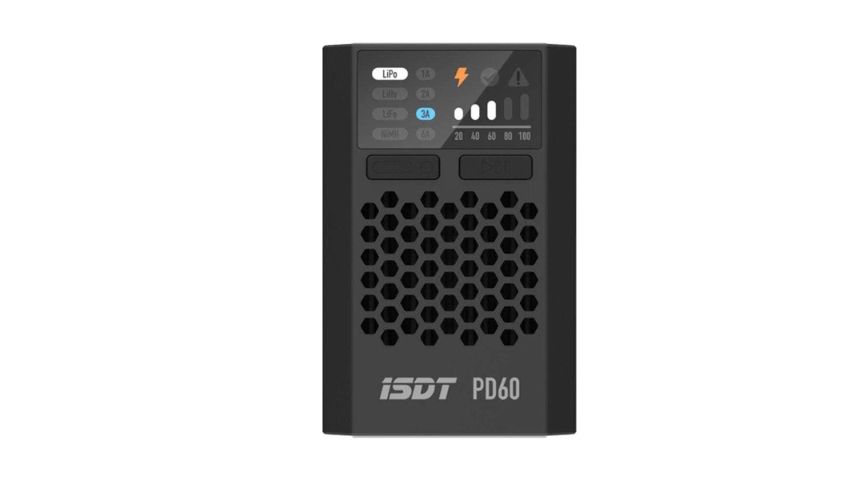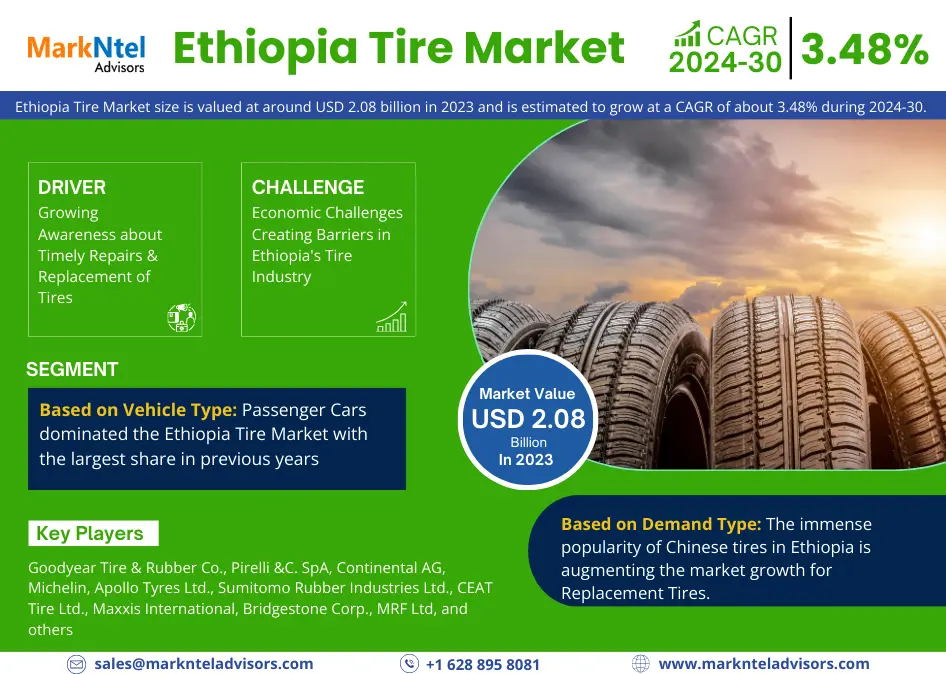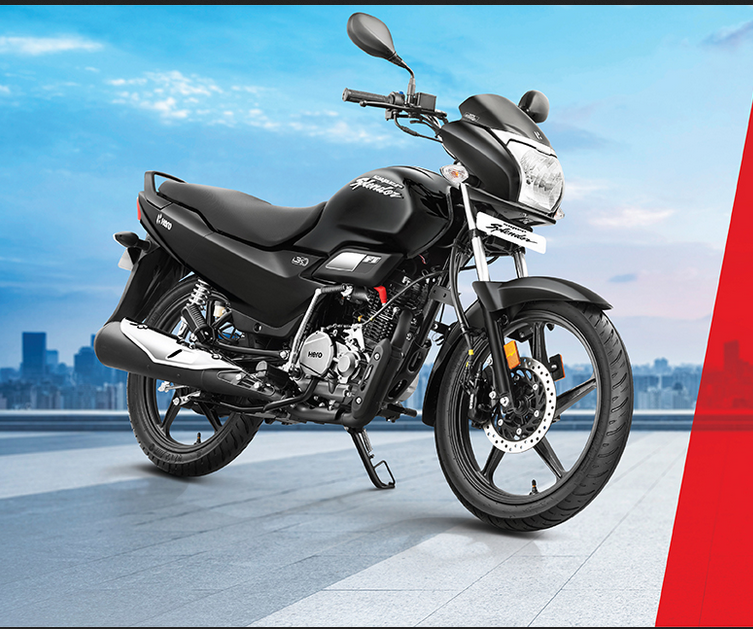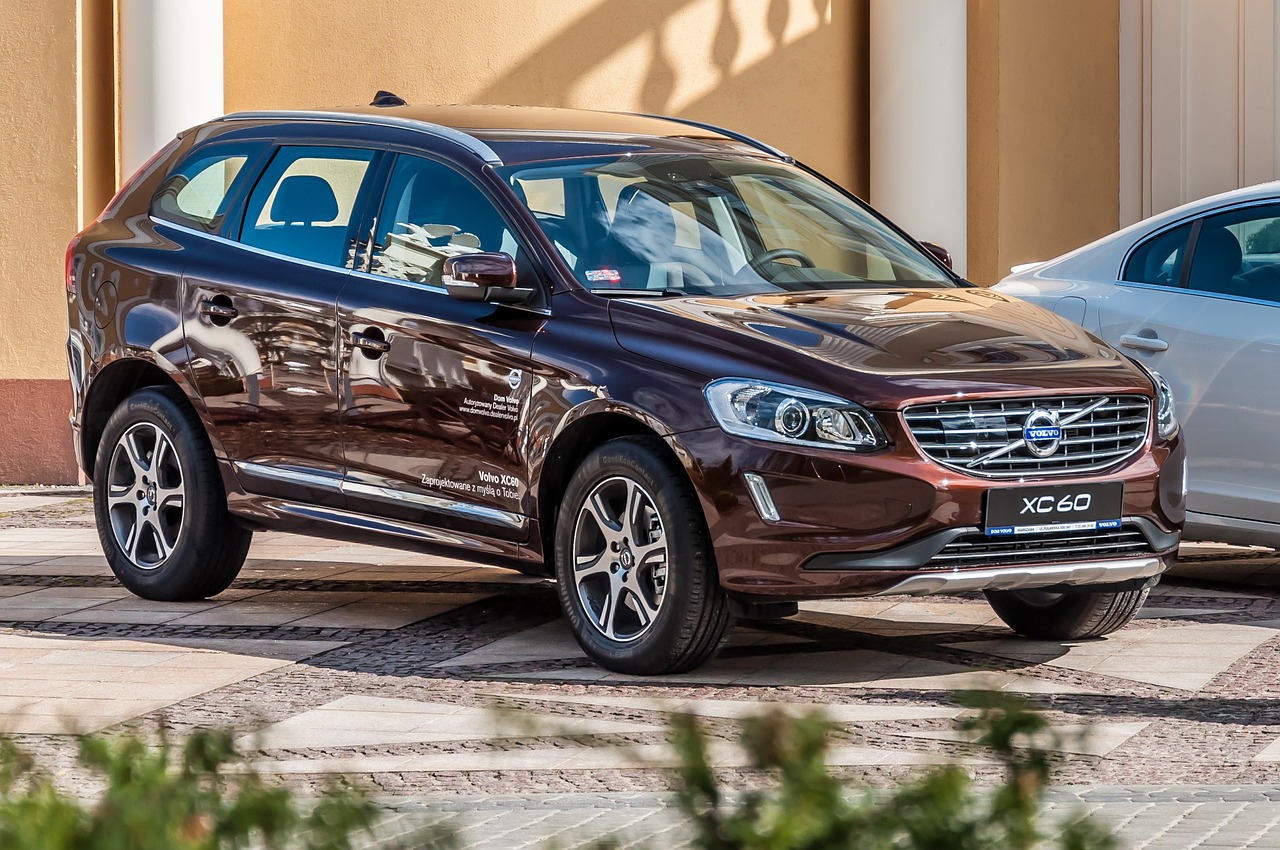Did you know that LiPo batteries power some of the most advanced drones and gadgets, providing unmatched energy density in a compact size? These batteries are not just small powerhouses; they are revolutionizing how we think about energy storage and portability.
What Are LiPo Batteries?
Definition and Composition:
LiPo batteries, or Lithium Polymer batteries, are a type of rechargeable battery known for their high energy density and flexible form factor. They consist of multiple layers of lithium-ion cells encased in a polymer electrolyte, which allows them to be lighter and more versatile compared to traditional batteries.
Comparison with Other Battery Types:
Compared to other battery types like Lithium-ion (Li-ion) and Nickel-Metal Hydride (NiMH), LiPo batteries offer several advantages. They are more flexible in shape, can provide higher power output, and have a lower self-discharge rate, making them ideal for applications requiring compact and efficient power sources.
Historical Background:
The development of LiPo batteries began in the late 20th century, with significant advancements occurring in the 1990s. Key milestones include the commercial introduction of the first LiPo batteries and their subsequent adoption in various high-tech applications due to their superior energy density and form factor flexibility.
Applications of LiPo Batteries
Consumer Electronics:
LiPo battery are widely used in smartphones, tablets, and laptops due to their ability to provide substantial power in a slim and lightweight design. This has allowed for the development of thinner and more portable electronic devices.
Hobbyist and Professional Use:
For hobbyists and professionals, LiPo batteries are a favorite choice for powering RC cars, drones, and model airplanes. Their high discharge rates and lightweight properties make them ideal for these applications, where performance and weight are critical factors.
Industrial and Commercial Applications:
In the industrial sector, LiPo batteries are used in power tools, medical devices, and electric vehicles. Their high energy density and ability to deliver consistent power make them valuable in demanding environments where reliability is paramount.
Advantages of LiPo Batteries
High Energy Density:
LiPo batteries are renowned for their ability to pack a lot of power into a small package. This high energy density is one of the reasons they are so widely used in compact and portable devices.
Lightweight and Compact:
Their lightweight and compact nature makes them ideal for applications where space and weight are constraints. This is particularly beneficial in portable electronic devices and remote-controlled models.
Flexible Form Factors:
The flexible design of LiPo batteries allows them to be manufactured in various shapes and sizes, which is advantageous for custom applications where traditional battery designs might not fit.
Fast Charging Capabilities:
LiPo batteries can be recharged quickly, which is a significant benefit for applications that require rapid turnaround times. This feature helps reduce downtime and increases productivity in various applications.
Low Self-Discharge Rate:
LiPo batteries have a low self-discharge rate, meaning they can hold their charge for longer periods when not in use. This makes them ideal for devices that are used intermittently and require reliable power storage.
Safety Considerations
Potential Risks:
Despite their benefits, LiPo batteries do have some safety risks. Overheating, swelling, and potential fire hazards are common concerns, particularly if the batteries are mishandled or improperly charged.
Proper Handling and Usage:
To ensure safe use, it is important to handle LiPo batteries with care. Always use chargers specifically designed for LiPo batteries and follow manufacturer guidelines for charging and storage. Avoid exposing the batteries to extreme temperatures or physical damage.
Emergency Procedures:
In the event of a LiPo battery failure, such as swelling or overheating, it is crucial to stop using the battery immediately and follow proper disposal procedures. If a fire occurs, use a fire extinguisher rated for electrical fires and evacuate the area if necessary.
Regulatory Standards:
LiPo batteries are subject to various regulatory standards to ensure safety. Familiarize yourself with local regulations and guidelines for the use and disposal of LiPo batteries to ensure compliance and safety.
Maintenance and Care
Proper Charging Techniques:
When charging LiPo batteries, use a charger that is compatible with the specific type of battery. Follow the manufacturer’s instructions for charging times and settings to avoid overcharging, which can lead to battery damage and safety risks.
Storage Recommendations:
Store LiPo batteries in a cool, dry place away from flammable materials. It is recommended to store them at a partial charge rather than fully charged or discharged to prolong their lifespan.
Disposal and Recycling:
Dispose of LiPo batteries responsibly by taking them to a recycling center that handles electronic waste. Do not dispose of them in regular trash as they can pose environmental hazards and potential safety risks.
Innovations and Future Trends
Advancements in LiPo Technology:
Recent advancements in LiPo battery technology include the development of safer and more efficient materials, improved energy densities, and faster charging capabilities. These innovations are expanding the potential applications of LiPo batteries.
Future Applications:
Looking ahead, LiPo batteries are expected to play a significant role in the development of more advanced consumer electronics, electric vehicles, and renewable energy storage solutions. Their versatility and efficiency make them a key component in future technology trends.
Challenges and Opportunities:
The LiPo battery industry faces challenges such as improving safety, increasing energy density, and reducing costs. However, these challenges also present opportunities for growth and innovation, particularly in emerging markets and new applications.
Case Studies
LiPo Batteries in Drones:
LiPo batteries are a critical component in modern drones, providing the power needed for extended flight times and advanced functionalities. A case study of a popular drone model highlights the benefits of using LiPo batteries, including their lightweight design and high energy output, which contribute to improved performance and longer operational periods.
Consumer Electronics Success Story:
One notable success story is the use of LiPo batteries in a leading smartphone brand. The adoption of LiPo technology allowed for a thinner, lighter device with extended battery life, showcasing the advantages of LiPo batteries in consumer electronics.
Innovative Industrial Application:
In the industrial sector, a case study of a medical device company demonstrates the use of LiPo batteries in portable diagnostic equipment. The batteries’ compact size and reliability enabled the development of lightweight, mobile devices that improved patient care and diagnostic accuracy.
Conclusion
Recap of Key Points:
LiPo batteries offer numerous advantages, including high energy density, lightweight design, and flexible form factors. Their applications span a wide range of industries, from consumer electronics to industrial equipment, making them a versatile and valuable technology.
Final Thoughts:
Understanding LiPo battery technology is crucial for leveraging their benefits and ensuring safe usage. As technology continues to evolve, LiPo batteries will likely play an increasingly important role in powering the devices and innovations of the future.
Call to Action:
Stay informed about the latest advancements in battery technology and consider the benefits of LiPo batteries for your next project. Whether you’re a hobbyist or a professional, LiPo batteries offer a reliable and efficient power source for a wide range of applications.
Frequently Asked Questions (FAQs)
- What is a LiPo battery?
- LiPo batteries are a type of rechargeable battery known for their high energy density and compact size. They are widely used in various applications due to their efficiency and versatility.
- How do LiPo batteries differ from Li-ion batteries?
- While both are lithium-based, LiPo batteries are more flexible in form factor and offer higher discharge rates. Li-ion batteries, on the other hand, are generally more stable and have a slightly longer lifespan.
- Are LiPo batteries safe to use?
- Yes, if handled and maintained properly. It’s essential to follow safety guidelines and use appropriate charging equipment to avoid potential hazards like overheating or swelling.
- Can LiPo batteries be recycled?
- Yes, LiPo batteries can and should be recycled to prevent environmental harm. Proper disposal methods should be followed to ensure safety and compliance with regulations.
- How long do LiPo batteries last?
- The lifespan varies depending on usage and maintenance, but generally, they can last for several hundred charge cycles. Proper care and handling can extend their lifespan significantly.
- What should I do if my LiPo battery swells?
- Stop using it immediately, handle it with care, and follow proper disposal procedures. Do not attempt to charge or use a swollen battery as it poses a significant safety risk.
- Can I use any charger for my LiPo battery?
- No, it’s crucial to use a charger specifically designed for LiPo batteries to avoid damage and safety risks. Using the wrong charger can lead to overcharging, overheating, and potential battery failure.
- Where can I buy high-quality LiPo batteries?
- Reputable electronics stores and online retailers typically offer high-quality LiPo batteries. Ensure you buy from trusted sources to guarantee the safety and reliability of the batteries.



